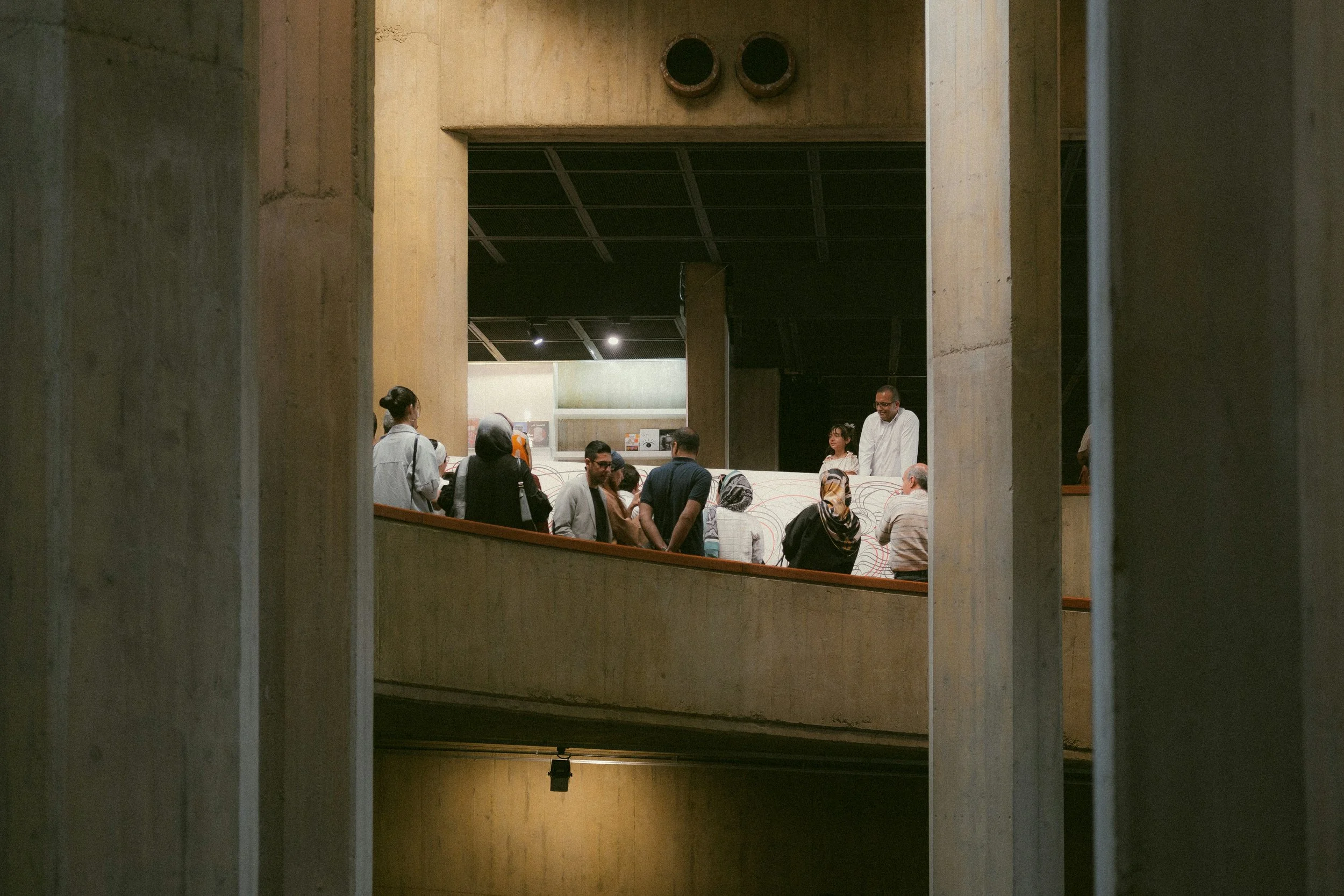The Alchemy of Brand Strategy: Why Logic Fails
There is a quiet frustration coming from the smartest people in the room. They believe that the best argument should win. But it rarely does.
The greatest failure of modern business is its obsession with logic. We operate under the dangerous assumption that our clients are rational creatures, making decisions based on spreadsheets and spec sheets. As the marketing thinker Rory Sutherland has brilliantly argued, this is a fallacy. We are not rational beings. We are psychological beings.
The greatest failure of modern business is its obsession with logic, because humans are not rational beings. The most potent brands understand this, practicing a form of alchemy by mastering context, solving for emotion, and creating behavioral bridges that allow customers to act their way into belief.
And that is why the most potent brands are not built on logic. They are built on a form of alchemy, the art of transforming human psychology into brand loyalty. They don't just solve problems; they manage emotions.
Here are three principles of that alchemy.
1. Master the Context, Not Just the Content.
How a choice is framed is more important than the choice itself. The perceived value of your offer is not inherent to the offer; it is created by the context you build around it.
Are you a "cost" to be minimized in the accounting department, or an "investment in the future" discussed in the boardroom? Is your product a "commodity" on a crowded shelf, or a "rare find" in an exclusive boutique? The product is the same. The context is everything.
This is the work of Category Design. By creating a new category, you are not just launching a product; you are designing the room around the candle. You are creating a context where you are the only logical—and emotional—choice.
2. Solve for Emotion, Not Just Function.
Behind every functional problem your client presents is a deeper, unstated emotional need. They might say they need "more efficient software," but what they are truly buying is the feeling of being in control. They might say they need a "luxury car," but what they are paying for is the feeling of being seen and respected.
A brand that only solves the functional problem is a commodity. A brand that solves for the underlying emotion is a legacy.
This requires a profound shift in perspective. You must move from asking "What problem does my product solve?" to "What feeling does my brand provide?" The answer to the second question is where your true value lies.
3. Belief Follows Behavior, Not the Other Way Around.
The rationalist view of marketing is that we must first persuade someone to believe something before they will act. We present our evidence, our case studies, our logical arguments, and hope that belief will follow.
The alchemist knows that the opposite is often true: it is far easier to get someone to act their way into a new way of thinking.
This is the power of the "behavioral bridge." The free trial, the pilot program, the low-friction first step, these are not just sales tactics. They are invitations for a skeptical client to act like a believer. By taking a small, low-risk action, they begin to see the world from a new perspective. Their behavior changes their belief.
The output is a map of the brand's soul. It gives us a blueprint to intentionally design context, solve for the real emotion, and build behavioral bridges that feel authentic.
As the marketing thinker Rory Sutherland has brilliantly argued, this is a fallacy. We are not rational beings. We are psychological beings.
The most potent brands ignore the noise of functional benefits and focus entirely on solving for that unspoken feeling, be it a need for control, status, certainty, or belonging. That is where your true value lies. This is our principle behind "Experimentation is the New Research." We don't try to convince our clients of a new future; we create a small, safe experiment where they can experience it for themselves.
Become a Brand Alchemist
Your brand's greatest opportunity for growth lies not in winning the rational argument, but in embracing the beautiful irrationality of human nature.
It requires you to stop selling your product's features and start selling the feeling that only your brand can provide. It demands that you stop focusing on your content and start obsessing over the context you build around it. And it asks you to have the courage to build behavioral bridges that allow your clients to experience your value, not just hear about it.
This is the work of a brand alchemist. It is less about logic and more about magic. And in a world drowning in rational arguments, it is the only way to build a brand that truly matters.
The distance between your current success and your future legacy is a single,
powerful shift in perspective. In Good Company is the catalyst for that shift.
Join our community of leaders and legacy-makers.

